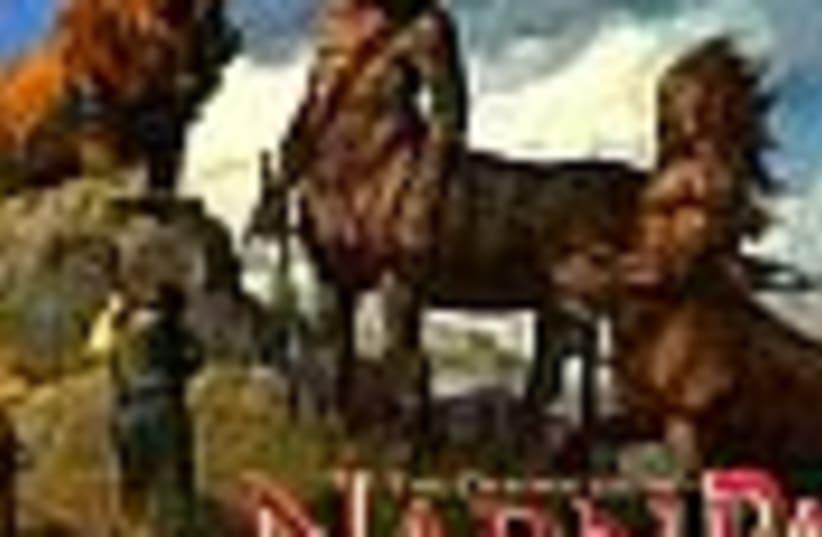| More about: | Peter Jackson, Mel Gibson, Ray Charles, University of California, Berkeley |
Narnia's Christian theme worries some Jewish viewers
Has Narnia's Christian theme been emphasized to bring in viewers?


| More about: | Peter Jackson, Mel Gibson, Ray Charles, University of California, Berkeley |